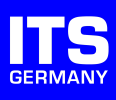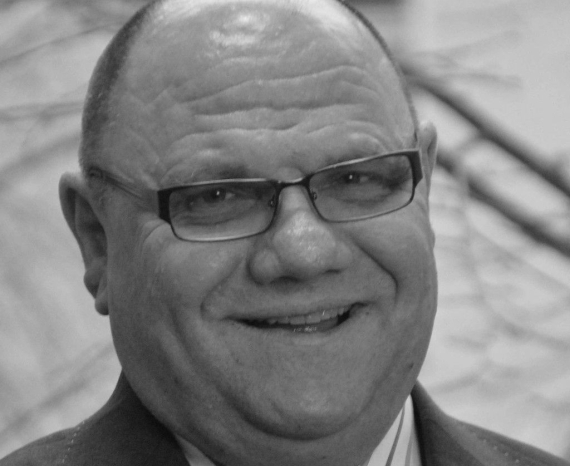
News
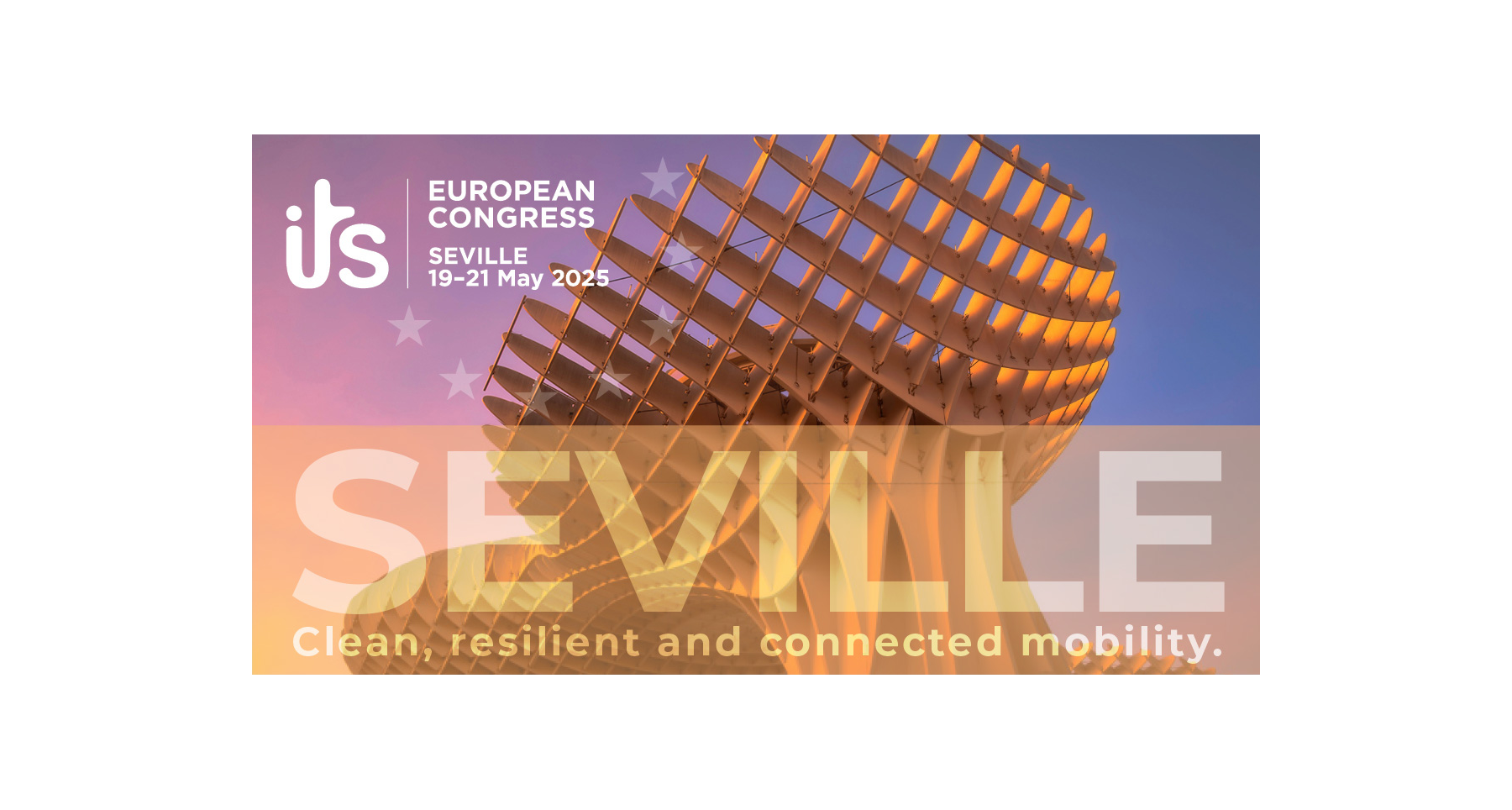
04.2025
Leipzig und Landau in der Pfalz als erste AIAMO Pilotregionen im BMDV vorgestellt
Im Bundesministerium für Digitales und Verkehr wurden Leipzig und Landau in der Pfalz heute vom Bundesminister Dr. Volker Wissing als erste AIAMO Pilotregionen vorgestellt. Mit KI-gestütztem Mobilitätsmanagement entwickelt und erprobt das Forschungsprojekt AIAMO mit beiden Städten innovative Lösungen zur Optimierung des Verkehrs, Verbesserung der Luftqualität und Steigerung der Lebensqualität der Bürgerinnen und Bürger.
Mehr erfahren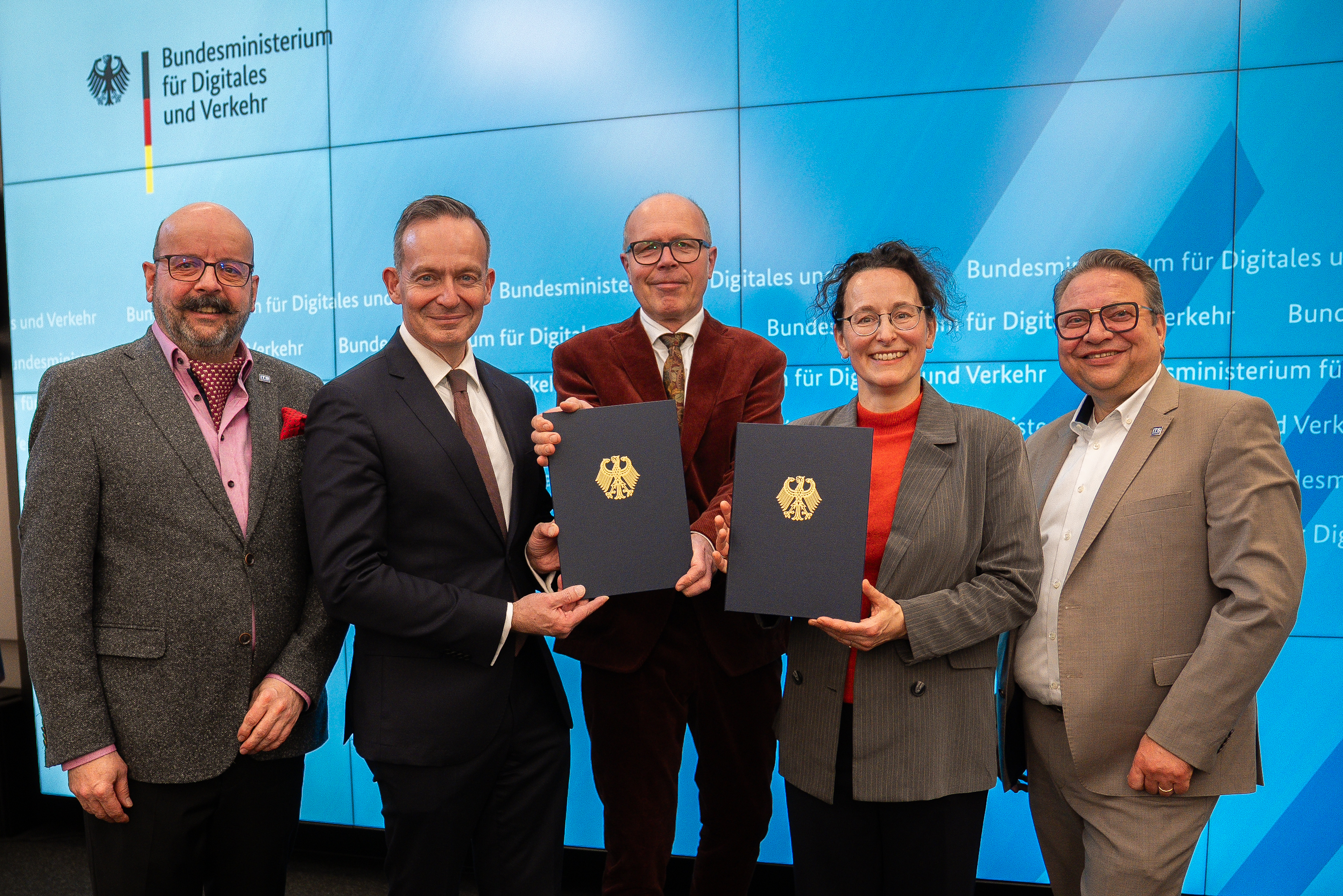
04.2025
Leipzig und Landau in der Pfalz als erste AIAMO Pilotregionen im BMDV vorgestellt
Im Bundesministerium für Digitales und Verkehr wurden Leipzig und Landau in der Pfalz heute vom Bundesminister Dr. Volker Wissing als erste AIAMO Pilotregionen vorgestellt. Mit KI-gestütztem Mobilitätsmanagement entwickelt und erprobt das Forschungsprojekt AIAMO mit beiden Städten innovative Lösungen zur Optimierung des Verkehrs, Verbesserung der Luftqualität und Steigerung der Lebensqualität der Bürgerinnen und Bürger.
Mehr erfahren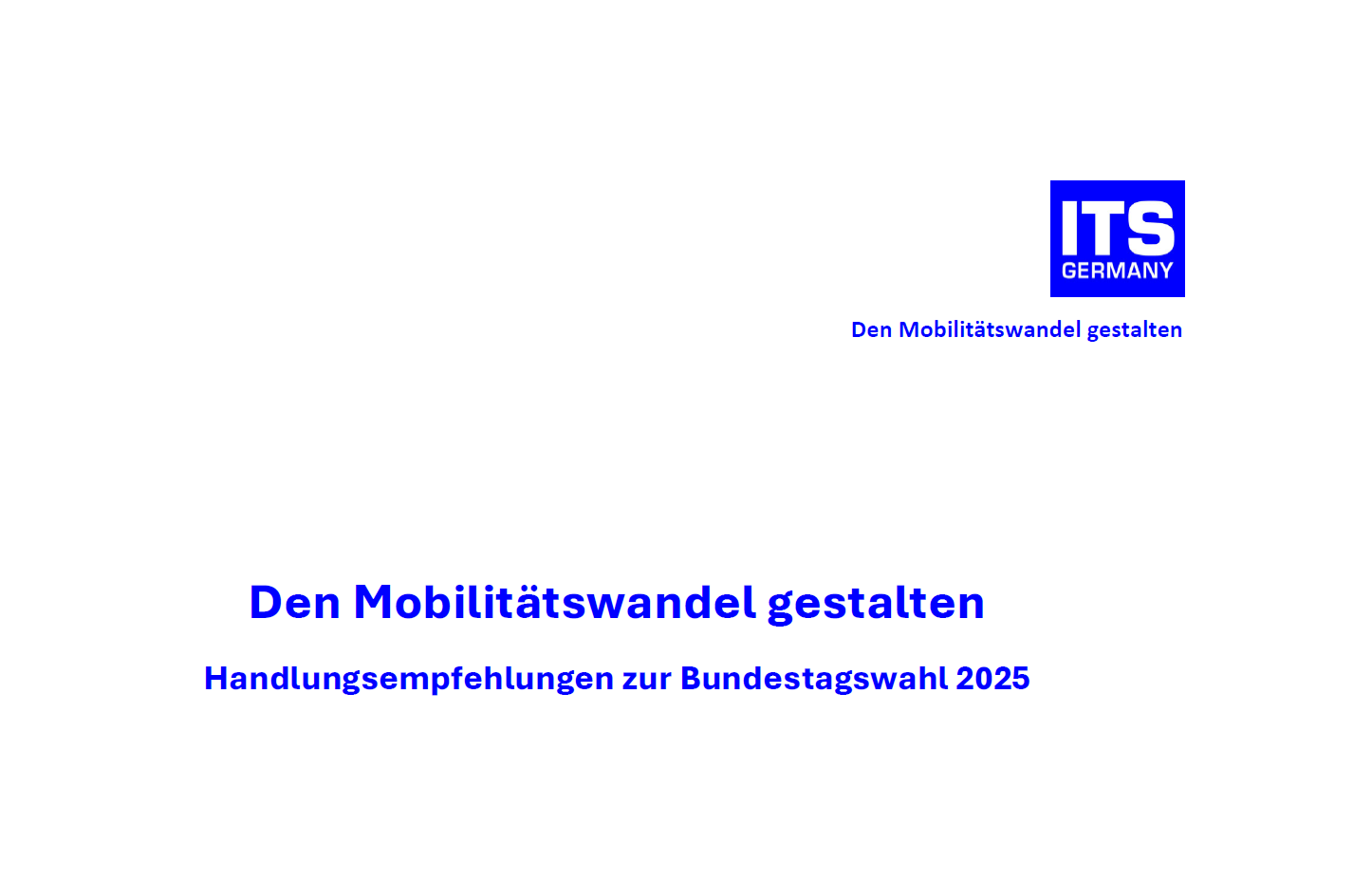
03.2025
Die Zukunft der Mobilität mit KI gestalten – Handlungsempfehlungen des ITS Germany e.V. für Deutschland und Europa
Unsere Handlungsempfehlungen zeigen konkrete Maßnahmen auf, wie Deutschland die Vorreiterrolle in Europa bei der Integration von KI in den Verkehr übernehmen und die Mobilitätspolitik an die dynamischen Anforderungen des digitalen Zeitalters anpassen kann.
Mehr erfahren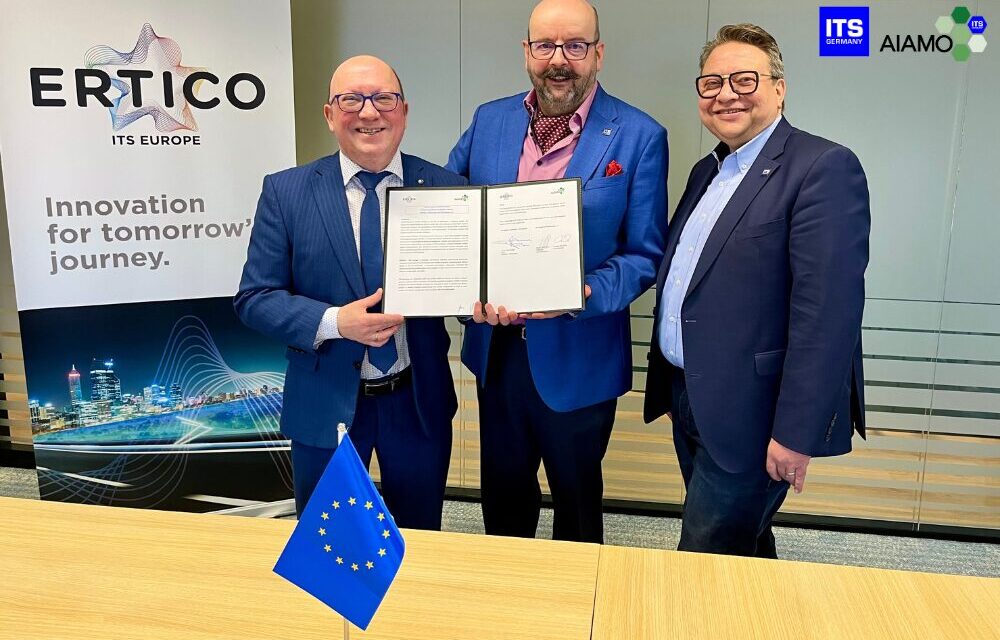
02.2025
Kooperation ITS Germany und ERTICO - ITS Europe
ITS Germany e.V. und ERTICO - ITS Europe bündeln ihre Kräfte, um KI in der Mobilität in Einklang mit europäischen Regulierungen und den Anforderungen der Branche zu entwickeln. Zum ersten Mal überhaupt wurde eine offizielle Vereinbarung für eine strategische Zusammenarbeit zur Nutzung von Künstlicher Intelligenz in der Mobilität getroffen!
Mehr erfahren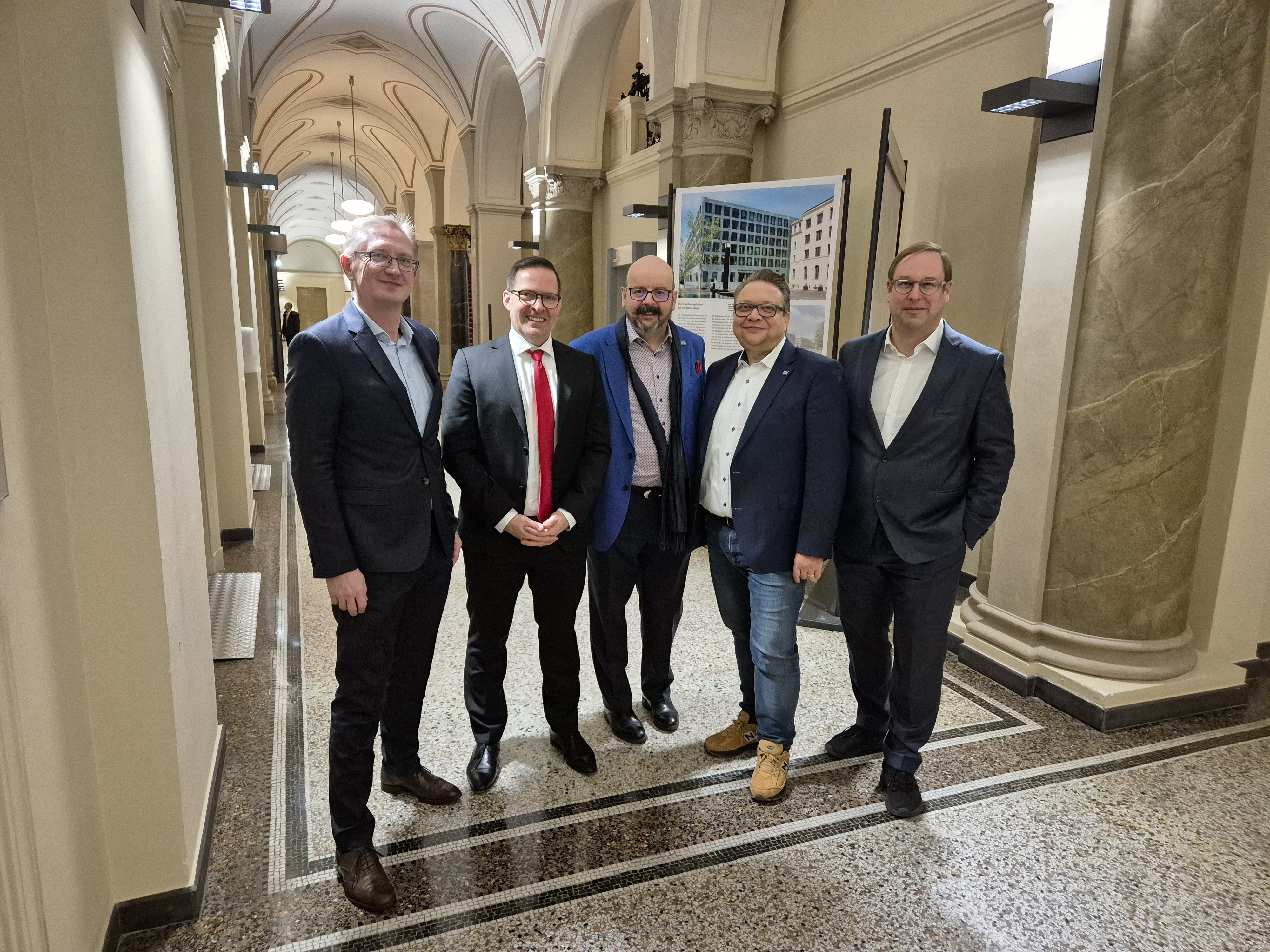
12.2024
Vorstellung daseen.de
Vorstellung der Landing Page www.daseen.de für Suchen auf Datenportalen im Rahmen der Veranstaltung "Datenmärkte 2024 – Status quo und Ausblick"
Mehr erfahren
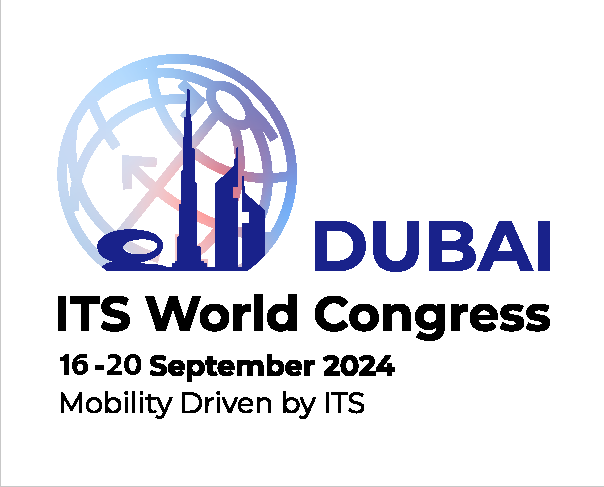
09.2024
ITS World Congress
Vom 16. - 20. November 2024 findet der ITS World Congress in Dubai statt, hier ist ITS Germany als ITS Nationals Partner vertreten.
Weitere Infos dazu auf http://www.itsworldcongress.com/
Mehr erfahren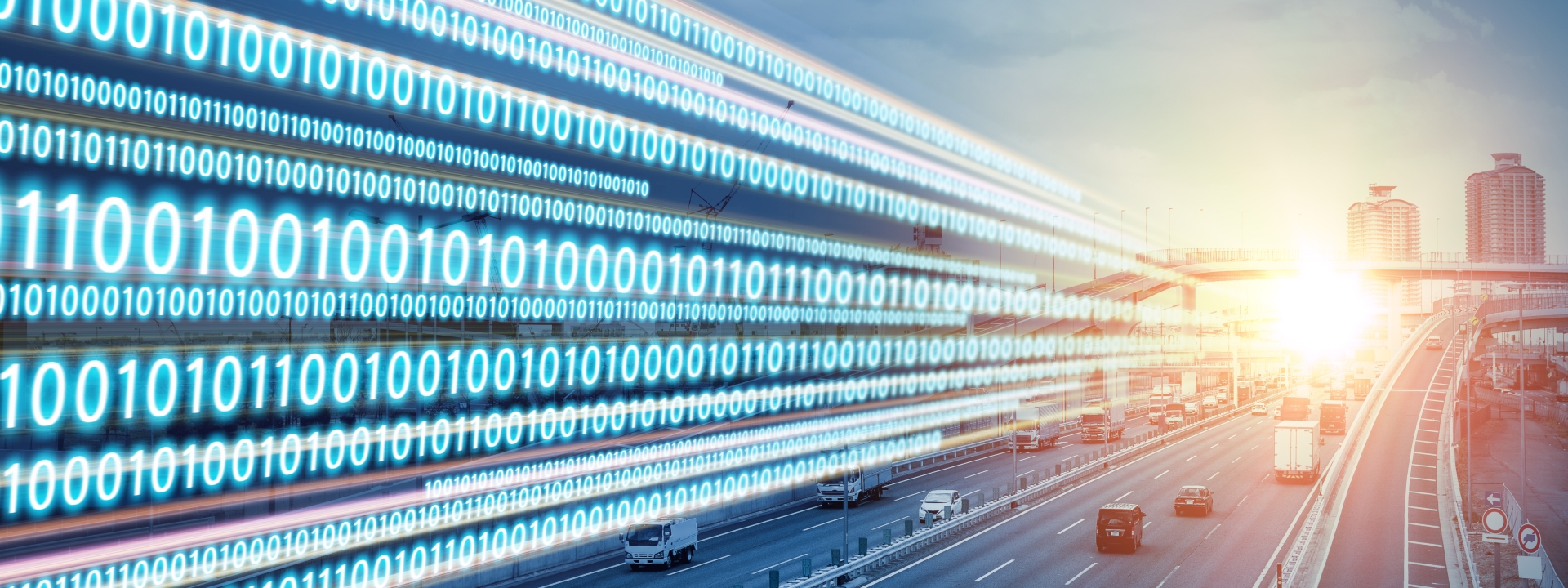
11.2023
Positionspapier "Lebenswerte Städte durch Digitalisierung"
Mobility Pricing – Ein Instrument zur nachhaltigen Verbesserung des innerstädtischen Verkehrs. Positionspapier 2024 des Fachausschusses „Urbane Mobilität und Mobility Pricing“ des ITS Germany e.V.
Mehr erfahren
10.2023
Jahrestagung des Fachausschusses "Urbane Mobilität – Mobility Pricing"
Stauprobleme, Schadstoffbelastung und CO2 Emissionen, Konkurrenz um den knappen Straßenraum, die Überlastung der Innenstädte durch Lieferverkehre – die Innenstädte stehen vor vielfältigen Herausforderungen.
Mehr erfahren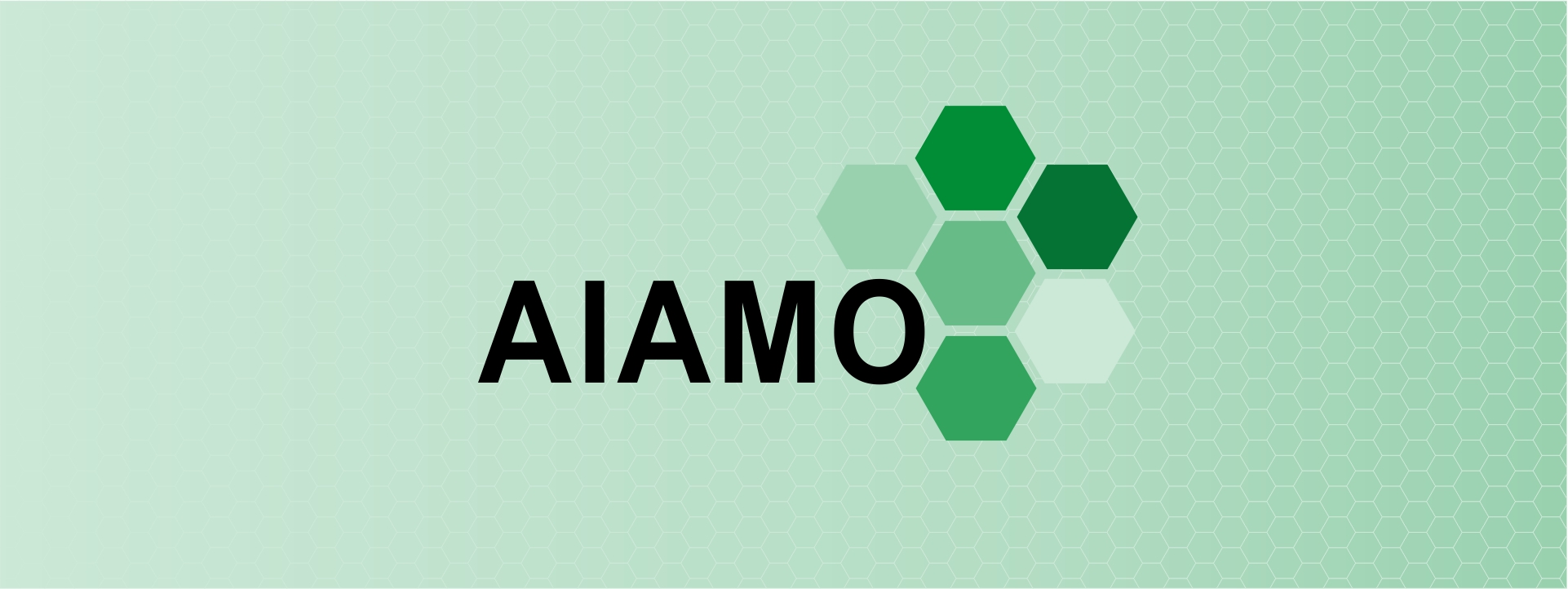
09.2023
Förderung des KI-Modellprojekts #AIAMO
Das Bundesministerium für Digitales und Verkehr fördert unser KI-Modellprojekt #AIAMO („Artificial Intelligence and Mobility“) mit insgesamt 16,7 Mio. €.
Mehr erfahren
08.2023
Der Mobilitätssektor ist ein Schlüsselbereich für nachhaltige Fortschritte bei der Bewältigung der Klimakrise. Umdenken und neue Wege sind gefragt, um die Transformation voranzubringen.
Die Diskussionen um das Verbrenner-Aus machen die Bereitschaft zum Wandel deutlich, zeigen jedoch ebenso die Hürden auf, die es zu nehmen gilt. Dabei muss die Verkehrswende jetzt an Fahrt aufnehmen und Innovationen auf die Straße bringen. Gleichzeitig steht die Frage nach der gesicherten Finanzierung der Infrastruktur und neuer Mobilitätskonzepte im Raum.
Mehr erfahren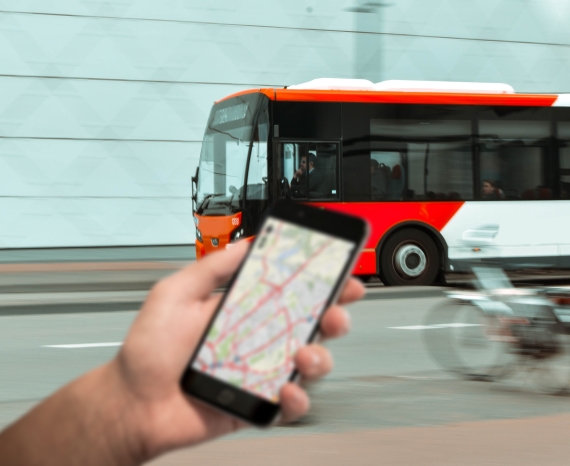
04.2023
Webinar "Nachhaltige Mobilität und Verkehrswende in Städten"
Am 06.06.2023, 15:00 Uhr - 16:30 Uhr
Mehr erfahren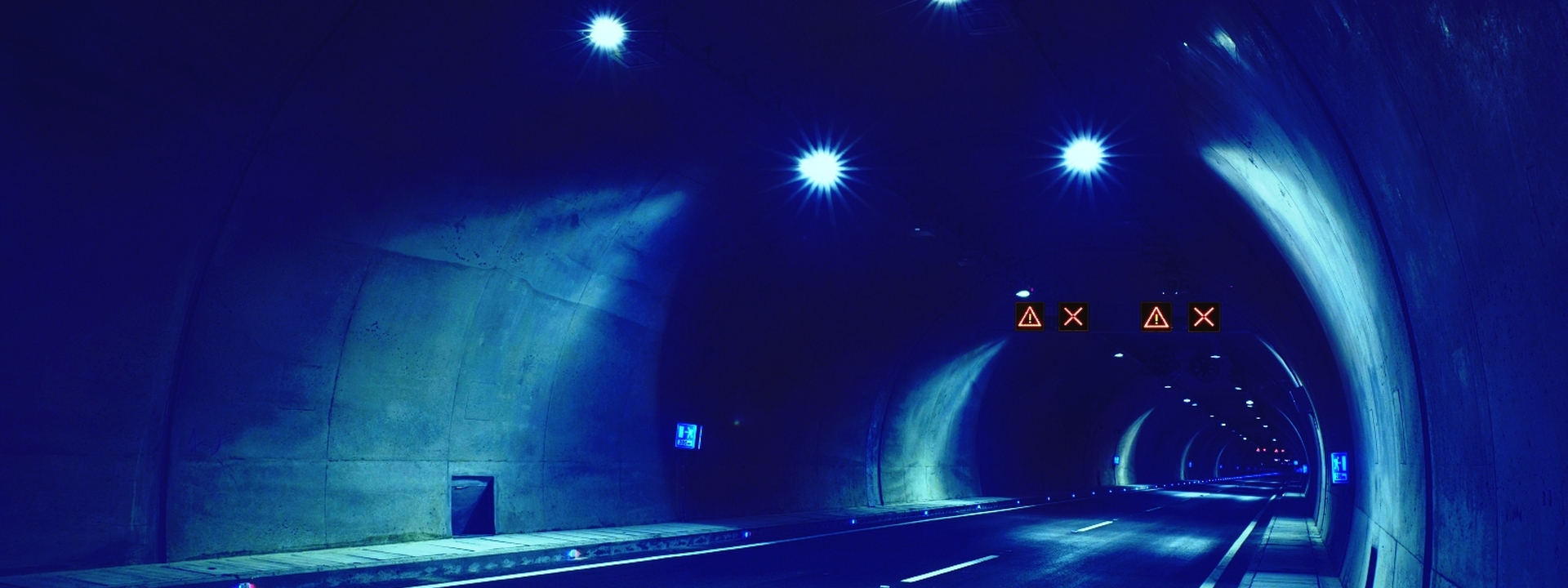
04.2023
5. Deutscher Tunnelkongress Pressemitteilung
Der 5. Deutsche Tunnelkongress findet am 26. und 27. April 2023 in Garmisch-Partenkirchen statt.
Das Branchentreffen der Tunnelausstatter avanciert inzwischen zur festen Größe in Sachen Information und fachlicher Austausch über Planung, Technik und Projektentwicklung im Bereich Straßentunnel in Deutschland.
Mehr erfahren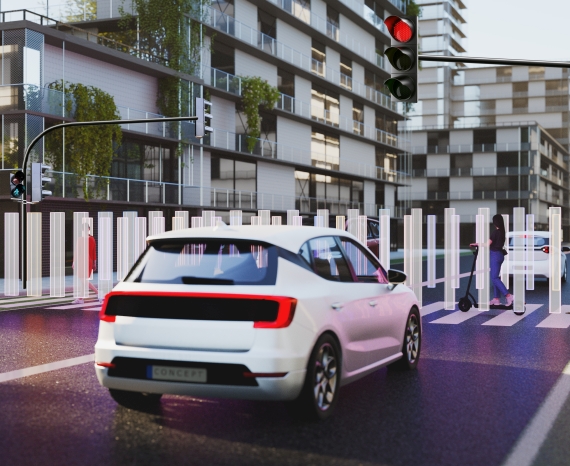
03.2023
Die Chancen der Digitalisierung in der Straßenverkehrsinfrastruktur und die Nutzung innovativer ITS-Systeme zur Unterstützung des Ziels „Vision Zero“ zur Verbesserung der Sicherheit im Straßenverkehr
Gemeinsam mit Bundesverband Verkehrssicherheitstechnik e. V. (BVST) haben wir ein Positionspapier zu den Chancen der #Digitalisierung in der #Straßenverkehrsinfrastruktur und zur Nutzung innovativer #ITS-Systeme zur Unterstützung des Ziels „VISION ZERO“ veröffentlicht.
Mehr erfahren
05.2022
Beteiligungsmöglichkeiten am ITS European Congress vom 30. Mai bis 1. Juni 2022 in Toulouse
Mehr erfahren
03.2022
Das intelligenteste Verkehrsmanagementsystem der Welt wird in Melbourne in Betrieb genommen.
Mehr erfahren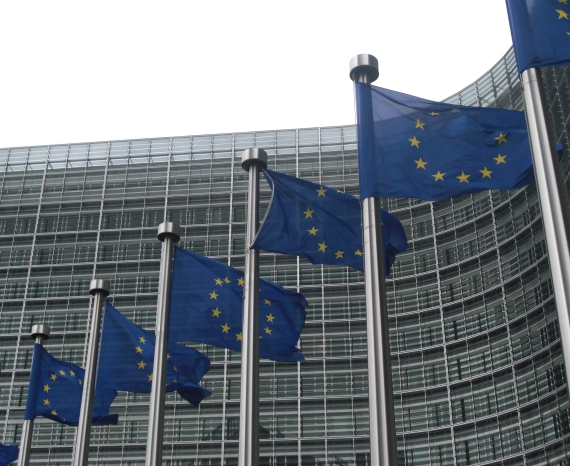
03.2022
ITS Germany e.V. und ITS mobilty e.V. veröffentlichen Stellungnahme zur überarbeiteten ITS Richtlinie der Europäischen Kommission
Mehr erfahren